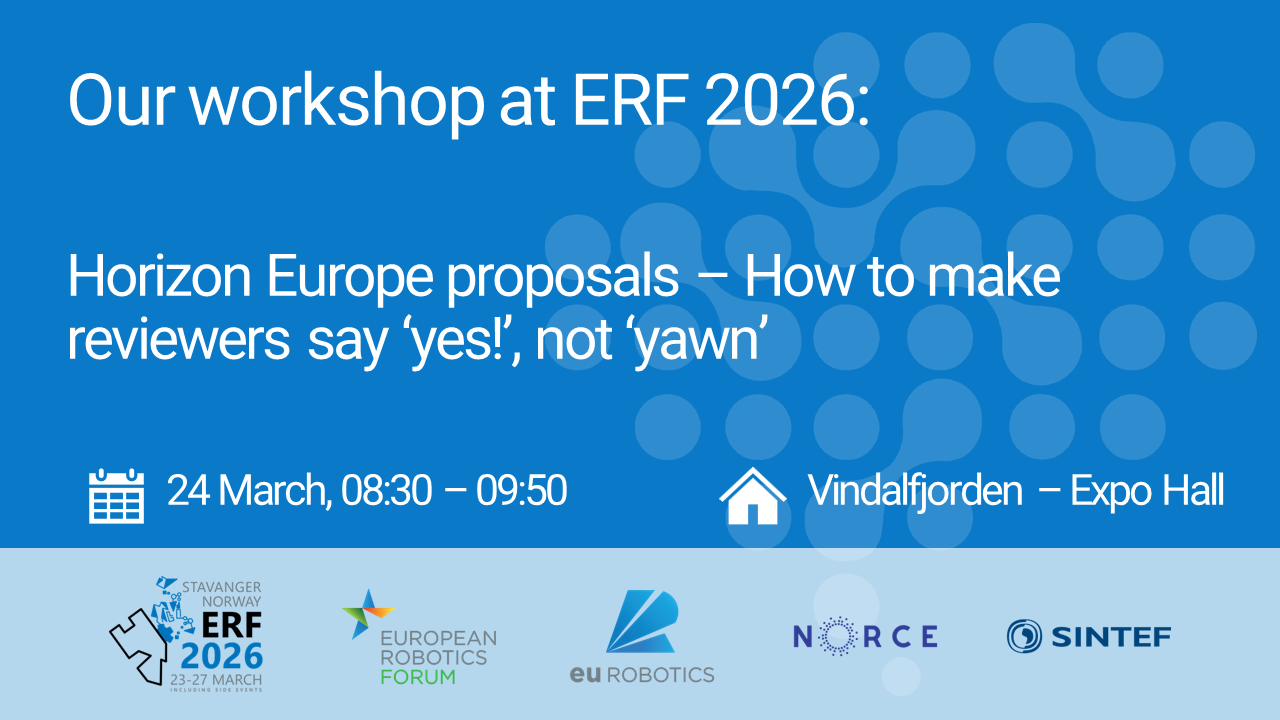

Circular Economy is a paradigm for sustainable growth that envisions the transformation of how modern societies design, produce and consume goods and services towards a regenerative economic cycle. Future and emerging technologies, such as 5G, the blockchain, and crowdsourced sensing systems, along with innovative models and paradigms, such as the Internet of Things, Industry 4.0, and community networks, will play an important role in the transition to Circular Economy by enabling and facilitating, among others, digitization (efficient asset management, open data, etc.) and collaboration (co-innovation, shared value creation, etc.).
Smart Circular Economy is an international workshop focusing on the role of ICT as an enabler for Circular Economy. This workshop brings together scientists, researchers as well as relevant stakeholders from the industry and local communities to share and exchange their experiences, discuss challenges, and report state-of-the-art and in-progress research lying in the intersection of ICT and Circular Economy.
-
Accepted and presented papers will appear in IEEE Xplore and all major publication indexes (DBLP, Scopus, etc.) in the same tome as DCOSS’21.
Topics of Interest
Topics of interest include, but are not limited to:
Architectures for collecting and curating data generated by distributed, heterogeneous smart assets.
Technology enablers for Circular Economy – Internet of Things, 5G, Software Defined Networks, Big Data, Analytics, Machine Learning, Neural Networks and other.
Smart Infrastructure – Smart Grid, Utility Networks (water, gas, waste, etc.), Transport Networks and other.
Crowdsensing, Internet of Things and Participatory Sensing, Crowdsourced Systems and Architectures
The Blockchain and other Distributed Ledger Technologies for Smart Circular Economy – asset tracking, smart contracts, micro-transactions, etc.
Experiences and lessons learnt from real-life case studies and deployments.
Applications of Smart Circular Economy technologies in verticals such as healthcare, transportation, energy, citizen safety, and other.
Interdependency between Digital and Physical Networks; e.g. communication and utility networks.
Data-driven business models, Open Innovation, Co-creation and shared value creation
RFID, NFC and other technologies for asset management
Low-Power Networks – LoRa, SigFox, NB-IoT, IPv6-enabled IoT, Industrial IoT
Smart services and service provisioning
Requirements engineering for Circular Economy
Security, Privacy and Trust for Smart Circular Economy